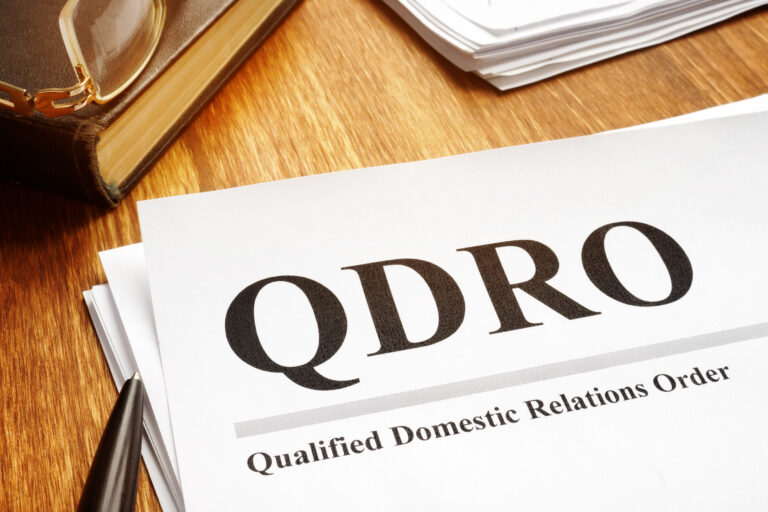
Are you worried that your inheritance could be divided up in the divorce proceedings? Generally, inheritance is not regarded as marital property in California. According to the state’s community property laws, assets obtained through inheritance by one spouse are recognized as separate property. They are not liable to be divided in the event of a divorce. However, there may be a few exceptions to consider regarding your California divorce and inheritance.
Equal Division Under Law
Any assets and debts acquired during a marriage are considered community property and subject to equal division between spouses upon divorce. However, assets that are owned individually by one spouse are classified as separate property and are not subject to division. Inheritances received during the marriage are classified as separate property, meaning that the recipient maintains sole ownership and control over it, regardless of when it was received.
Can an Inheritance Be Considered Community Property?
A few specific scenarios exist where inheritance may be deemed as community property or partially subjected to division. Below are some instances where an inheritance might be treated differently:
Commingling of Assets
Inheritance funds are deposited into a joint account or used to purchase joint assets that are commingled with community property. Commingling occurs when separate property funds are mixed with community property or used to acquire assets jointly owned by spouses.
Tracing and separating the original funds can be challenging. Generally, a court may determine that the inheritance has lost its separate property status and become community property if both spouses used those assets. It is important to exercise caution and consider seeking legal advice before commingling inheritance funds with joint assets or accounts.
Transmutation
This process refers to changing the character of property from separate to community or vice versa. For example, if the recipient of an inheritance converts the separate property into community property by transferring it to joint names accounts or using it for the benefit of both spouses, it may be subject to division.
Gift to the Marriage
In some cases, if the recipient of the inheritance intends to benefit both spouses or the marriage as a whole, it can be considered a gift to the marriage. If the evidence supports this intention, the court may treat the inheritance as community property and subject it to division.
Improper Use of Funds
When a beneficiary of the inheritance chooses to utilize the funds for the advantage of a third party, such as during an extramarital affair, a court may deem this to be an inappropriate use of the inheritance. As a result, the court may award a portion of the inheritance to the other spouse as compensation.
Supporting Evidence Is Necessary
With the complexities of California divorce and inheritance, you will need legal counsel to protect your assets and strengthen your claim. The party claiming an inheritance as separate property is responsible for presenting proof. They must show documentation, such as trust documents, wills, or other evidence that shows the intention to maintain the inheritance as separate property. These documents are vital in establishing separate property status.
If you want to know how the court may treat your inheritance, consult with an experienced family law attorney so that you know how to proceed with the legal process.
Protect Your Inheritance With Assistance from Our California Divorce Attorneys
California divorce and inheritance assets are complex legal matters that can impact individuals and their families. If you need the assistance of an experienced family law attorney, contact the Roberts & Zatlin Family Law Firm. For over 35 years, we have provided thorough family law services throughout California.
Our office in Temecula extends its services to Menifee, Hemet, Sun City, Lake Elsinore, Winchester, Wildomar, Riverside, San Bernardino, Orange County, Vista, San Diego, Inland Valley, and all other parts of the state. To schedule a consultation today and receive a free initial assessment of your case, please call (951) 381-8147 today.






